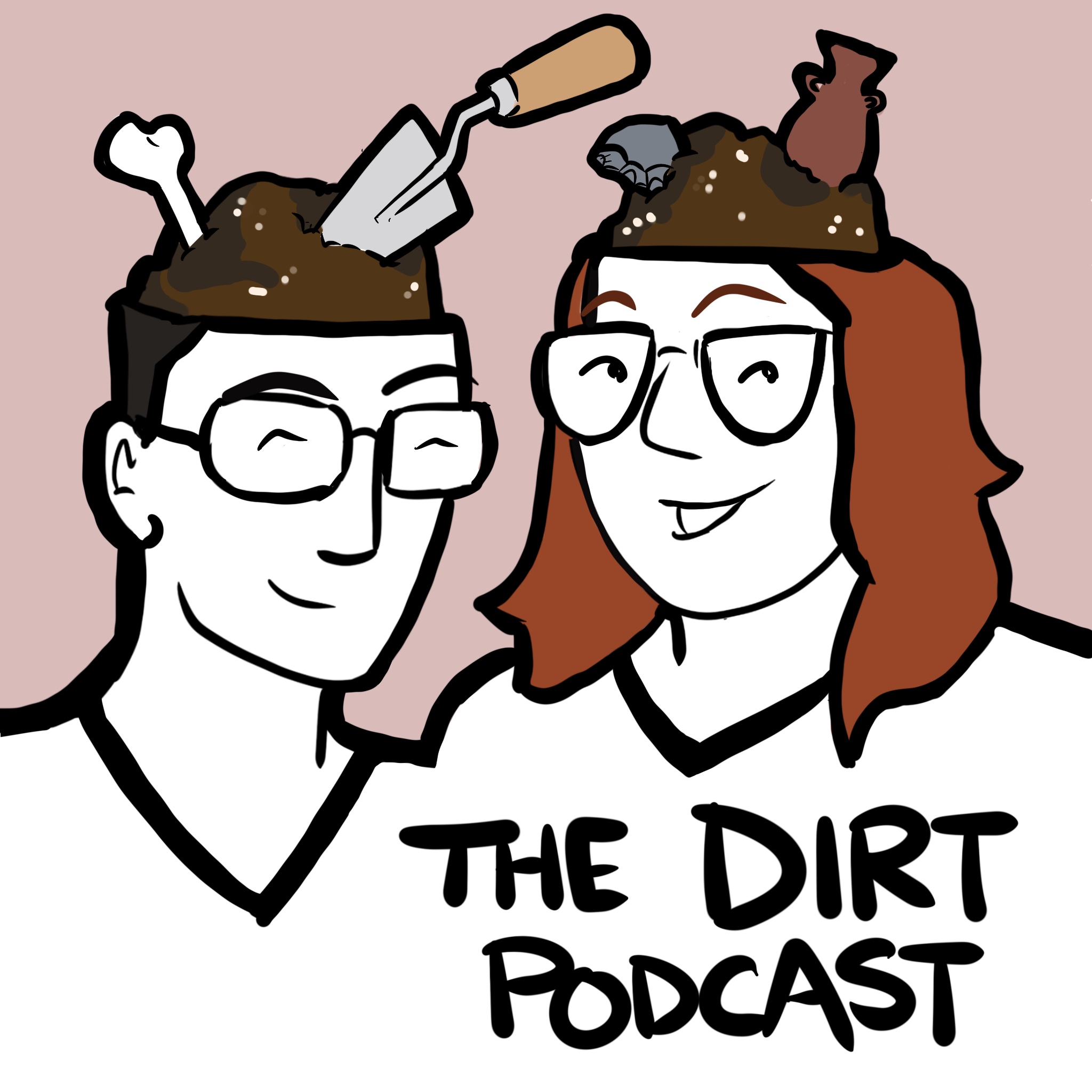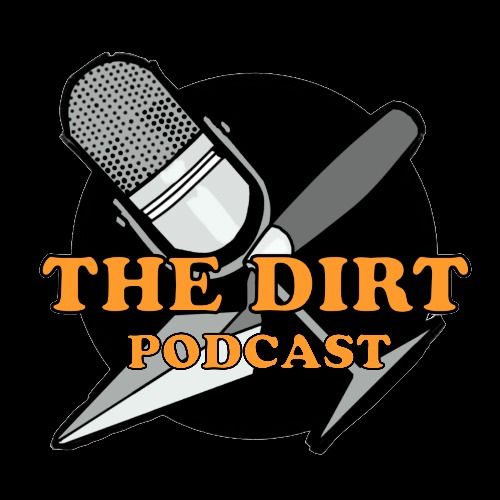Episode 233
Human Evolution 101 (Part 1)
We probably should have done this about 200 episodes ago, but it's time to lay down the (very very) basics of the evolution of the genus Homo. First of all, how does evolution work? Who were our ancestors, where did they live and when, and how did these populations adapt and branch into different species over time? This is part one of Anna's crash course on early humans, with a second installment coming to the premium feed soon! In that second half, we'll talk specifically about tool use as a "hallmark of human-ness" and cover some surprising examples of non-human tool users.
Subscribe to the Dirtbags Only premium feed at https://the-dirt-podcast.captivate.fm/support for a 7-day free trial of ALL our bonus content, and support the show for just $5/month after that!
To learn more:
https://www.nhm.ac.uk/discover/who-were-the-neanderthals.html#:~:text=Some%20genetic%20calibrations%20place%20their,Homo%20antecessor%20or%20another%20species.
https://humanorigins.si.edu/evidence/human-evolution-interactive-timeline
https://www.sciencedirect.com/science/article/abs/pii/S0047248416301361?via%3Dihub
BOOK RECOMMENDATION:
Rutherford, Adam
The Book of Humans: A brief history of culture, sex, war, and the evolution of us

